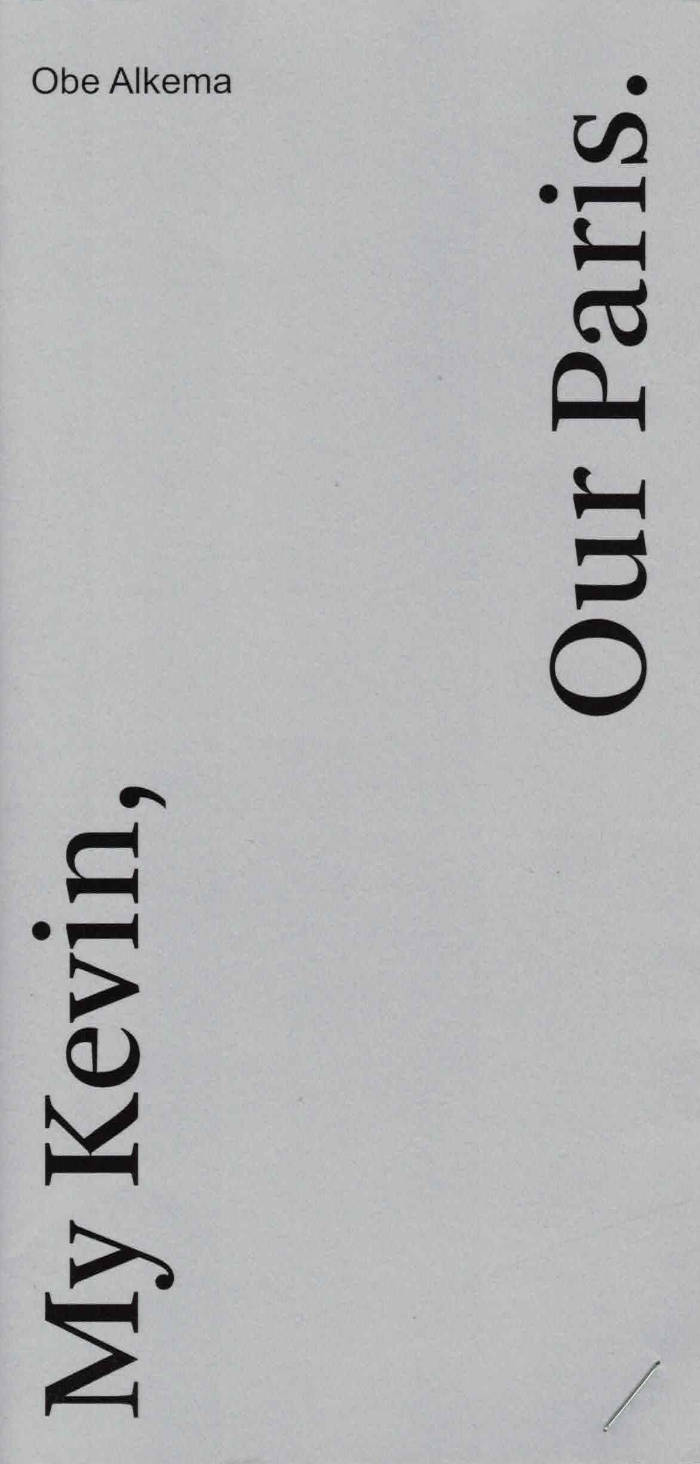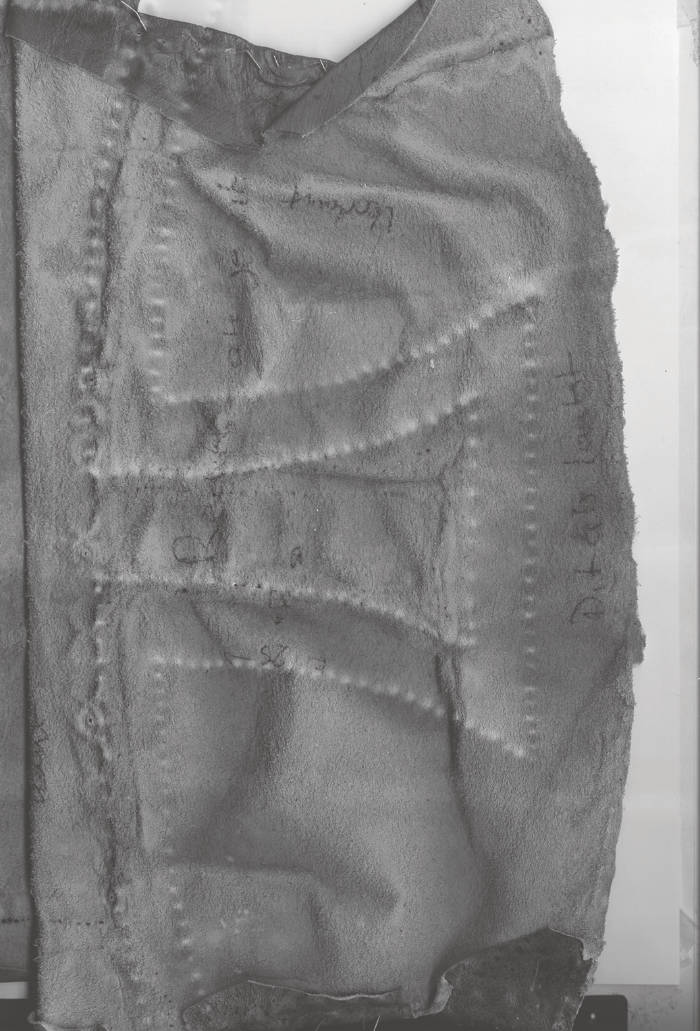
Engagement Arts Zine 2
Contributors: Anissa Boujdaini, Anna Muchin, Chloe Chignell, Ilse Ghekiere, Justine Serlat, Kevin Fay, Nancy, Sebastian Kann, Shadow Cabinet and Elsa B Mason.
Editors: Chloe Chignell, Daisy Phillips, Eline, Jacopo Buccino and Justine Serlat.
December 2019
Language: English







